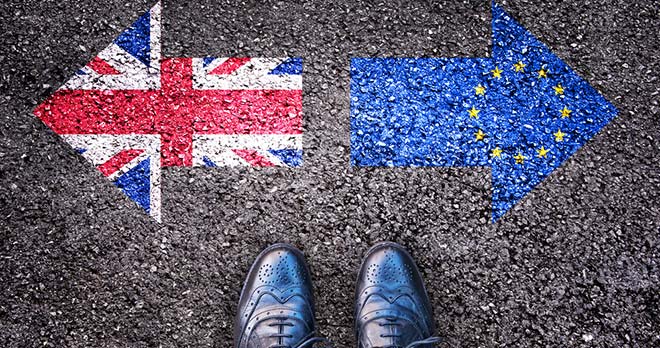Racing for a Brexit deal

The UK, together with France and Ireland, represents the biggest market in respect of horse racing in the EU. In the UK and Ireland, the industry employs over 32,000 people and is worth billions to both economies each year.
Fundamental to the industry is the free movement of thoroughbreds between the three countries. Horse Racing Ireland has estimated that each year there are 10,000 horse movements between the UK and Ireland, 7,000 horse movements between Northern Ireland and the Irish Republic, 5,100 between Ireland and France and 5,000 between the UK and France. There is currently a Tripartite Agreement (TPA) between the three countries, originally set up in the 1960s, to make such journeys as simple as possible. This means that currently there are no veterinary controls or additional documents required to move horses between the three countries.
The Agreement scenario
Should the Withdrawal Agreement currently on the table be approved, it is expected that the current arrangements for the movement of racehorses would continue during the transition period, albeit with perhaps some changes around record keeping. After the end of the transition period, the UK will be deemed a 'third country' with the exact status depending on what deal is reached with the EU. The shape of this will very much depend on the political negotiations in the weeks, months and potentially years ahead.
But what is there's no deal?
The impact of a no-deal scenario could be considerable, not just for the UK but for Ireland as well. If there is no replacement for the TPA, it is conceivable that every time a horse travels cross border it will be subject to health checks (including quarantine), delays and possible tariffs and other customs controls. It could also mean that instead of travelling overland from Ireland to France through the UK, thoroughbreds would have to endure journeys of more than 24 hours by boat from Ireland to mainland Europe, a stress that owners and trainers would be keen to avoid.
It is clear that the racing authorities from all three jurisdictions are invested in securing an arrangement similar to the TPA, but this will require a degree of alignment between the three countries on various issues such as animal biosecurity (including around the new EU Animal Health Law which comes into force in April 2021). A no-deal scenario could make it a significant challenge for such alignment to be achieved.
At the time of writing the way ahead is still unclear, with various potential outcomes still on the table. The Thoroughbred Brexit Steering Group has been working closely with colleagues across Europe and we would urge all participants within the racing industry to keep an eye on its guidance in order to prepare for the changes and challenges that are undoubtedly ahead.